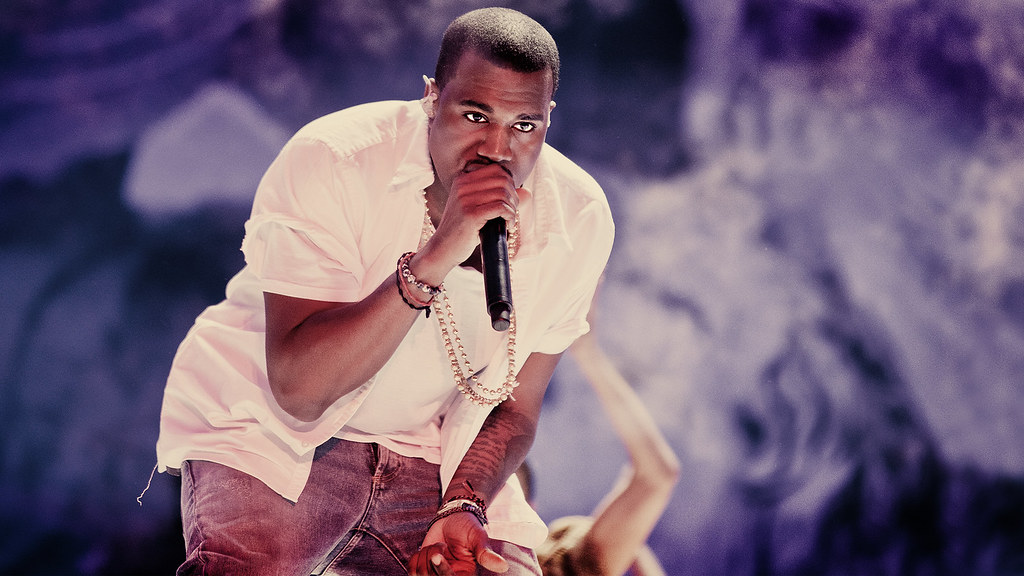“When you hear about slavery for 400 years. For 400 years?! That sounds like a choice. Like, you were there for 400 years and it’s all of you all? Like, we’re mentally in prison. Like, slavery goes too direct to the idea of blacks.”
This asinine statement was made by rapper Kanye West on TMZ back in 2018 when asked about his opinion on “free thought” and his affiliation with President Trump and his campaign.
In case you don’t understand the issue with his statement, millions of Africans did not “choose” to be kidnapped and sold into slavery and abuse, and they certainly did not “choose” to have the repercussions of slavery impact their descendants for centuries after its abolishment.
After West’s objectionable comments circulated through the media, many (former) fans called for his “cancellation,” a term used to describe the act of withdrawing support from an artist, which in this case manifests in the form of boycotting West’s music, shoe line and other endeavors to show they do not condone his statements and actions.
Many people criticize this practice, citing that “cancel culture” is toxic because it doesn’t allow individuals room to grow, learn from and apologize for their mistakes. But I’ve got news for you: It’s impossible for cancel culture to be toxic because it doesn’t exist.
More often than not, when celebrities are found engaging in problematic behavior, they release lackluster apologies, if you can even call them that, and are able to move on with their lives while their careers remain relatively unscathed — and West’s continued success is just one of the countless examples of this.
A month after his deplorable comments about the enslavement of African Americans, West released his eighth studio album, “Ye,” and the most popular song on the record entitled “Violent Crimes” garnered over 116 million streams on Spotify alone. In addition, his Yeezy merch line worth $500,000, which was released in conjunction with the album, sold out in under 30 minutes. And let’s not forget present-day Kanye is running a campaign for President of the United States.
Another noteworthy instance is rapper Doja Cat. In May of this year, footage surfaced on Twitter of her participating in and making sexual comments toward men who were allegedly members of the alt-right and incel community in online chat rooms on Tiny Chat. Furthermore, a snippet of her 2015 song “Dindu Nuffin,” which appears to mock a commonly used response employed by Black people when apprehended by police, meaning “I didn’t do nothing,” also resurfaced, causing a firestorm online.
Doja Cat eventually released a statement claiming the chat wasn’t for white supremacists and called “Dindu Nuffin” “lyrically lost” but ultimately stated that “[her] behavior isn’t always something that needs to be followed” and that “[she’s] not perfect – but at the end of the day [she] shouldn’t be doing dumb [stuff].”
I know you may be thinking, “She apologized, so what’s the issue?” But that’s the thing, there was no apology. While she acknowledged her past behavior was problematic, she expressed little-to-no remorse and attempted to absolve herself of all responsibility by stating that she shouldn’t be considered a role model.
So what, are people just not allowed to make mistakes anymore? Is freedom of speech dead? Of course not. But the same way any average person is held accountable for their actions, celebrities should be, too. Saying and doing egregious things in the public eye and being able to walk away from them as if they never happened aren’t luxuries a typical person has.
Whether they like it or not, celebrities are role models. Their status in the public eye subjects them to scrutiny, regardless of what they do, but especially if their actions are deemed harmful or offensive to an entire group of people. Plus, we should remember that celebrities often have access to publicists and public relations teams that can edit and refine their thoughts. An average person does not.
And, as a reminder, the First Amendment protects individuals’ from being criminally prosecuted for their words, but it does not mean people cannot be held accountable by private enterprises or the court of public opinion for them — especially if the comments in question are discriminatory toward a specific group of people.
It is easy to claim people are overreacting to comments that do not attack your identity. And if you’re not directly impacted by these comments, it is not your place to accept an apology on behalf of someone who was.
At the end of the day, everyone makes mistakes or says problematic things at some point in their life. While no one should have their entire life ruined over a comment made in poor taste, it doesn’t mean they shouldn’t have to face repercussions for their actions. Therefore, there is nothing “toxic” about choosing not to support someone for making problematic comments.
Written by Oluwasijuola “Siju” Oshin, Psychology B.A. major and Music and Sociology minor, Class of 2020

